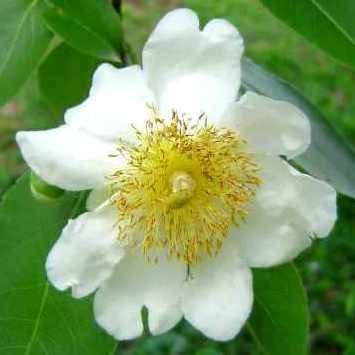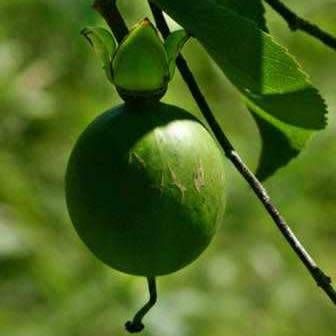










5 Oncoba spinosa Seeds ~ Snuff-box Tree - South African Indigenous Evergreen Edible Fruit Tree
Check my rate
| Main centres: | 1-3 business days |
| Regional areas: | 3-4 business days |
| Remote areas: | 3-5 business days |











| Main centres: | 1-3 business days |
| Regional areas: | 3-4 business days |
| Remote areas: | 3-5 business days |

Oncoba spinosa Seeds
Snuff-box Tree

A spiny shrub or small tree. The flowers are white, honey-fragrant and solitary (7.5cm across). The fruits have a sour, edible pulp. Beautiful white and yellow camellia-like flowers look like 'fried eggs' when they drop off and fall on the ground with their yellow stamens facing upwards. Light tip pruning promotes bushy growth. Flowers attract butterflies. Blooms late spring to summer. The hard-shelled fruits are used as snuff boxes. If the fruit are left to dry with the seeds inside, they make amusing rattles for children and are also used as anklets and armlets for dancers to add rhythm when performing. The pulp of the fruit is edible, but is seldom used for that purpose. In African medicine the roots are used in the treatment of dysentery and bladder complaints. It is said that the seeds contain a drying oil that is suitable for varnish, but it is too difficult to extract to be of any commercial significance. The wood is light brown in colour and can take a good polish, but the pieces are seldom large enough to be of any commercial value.

